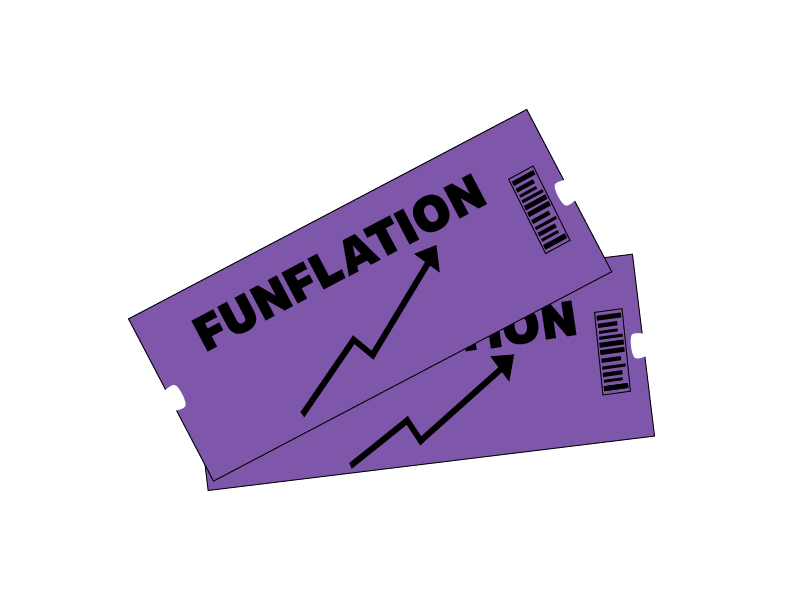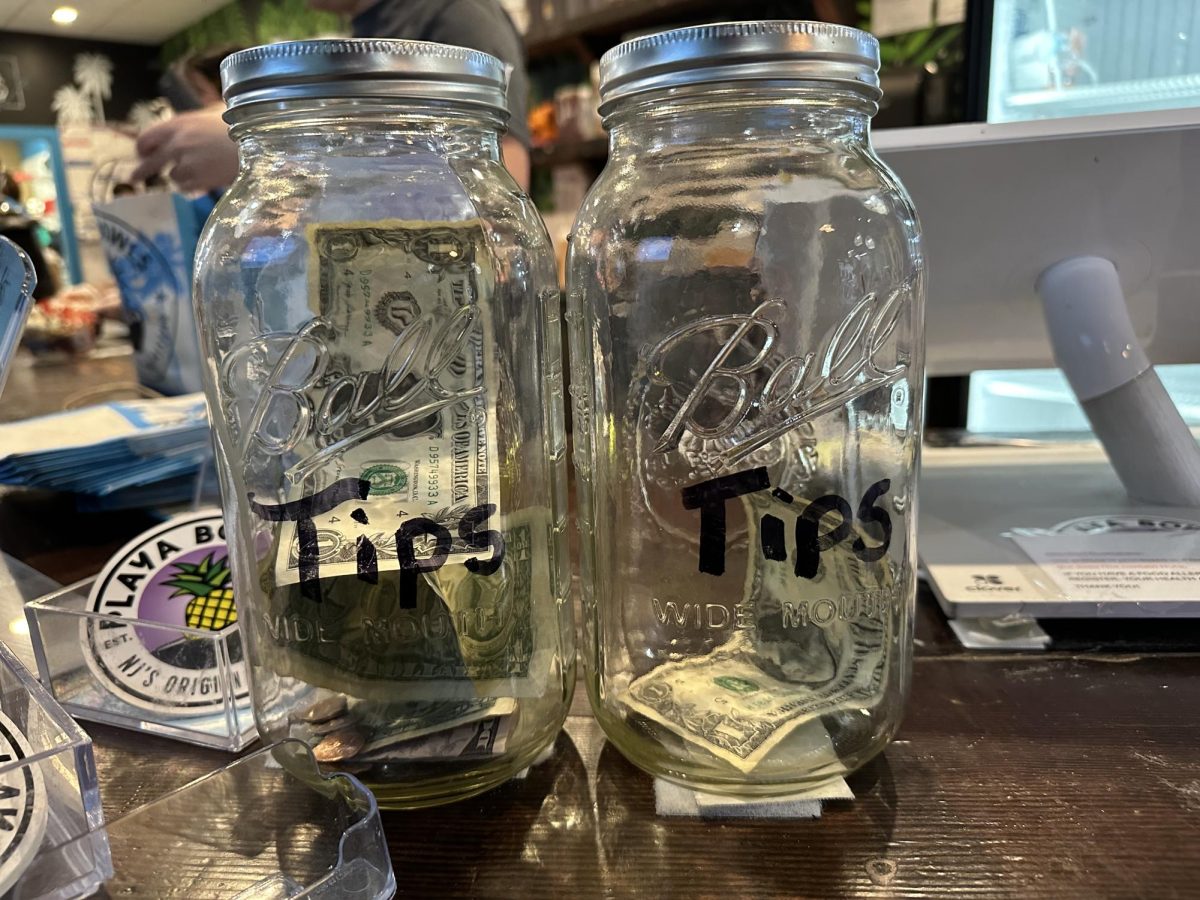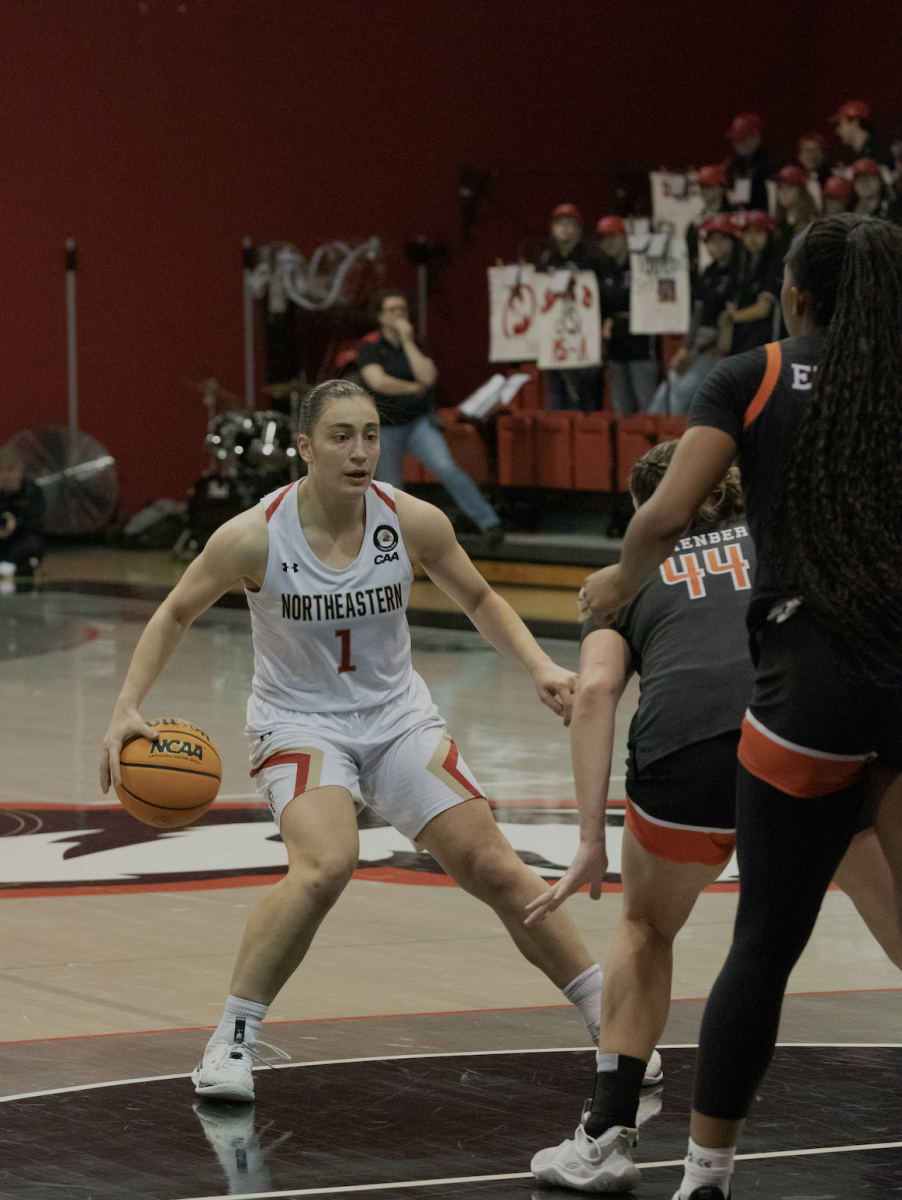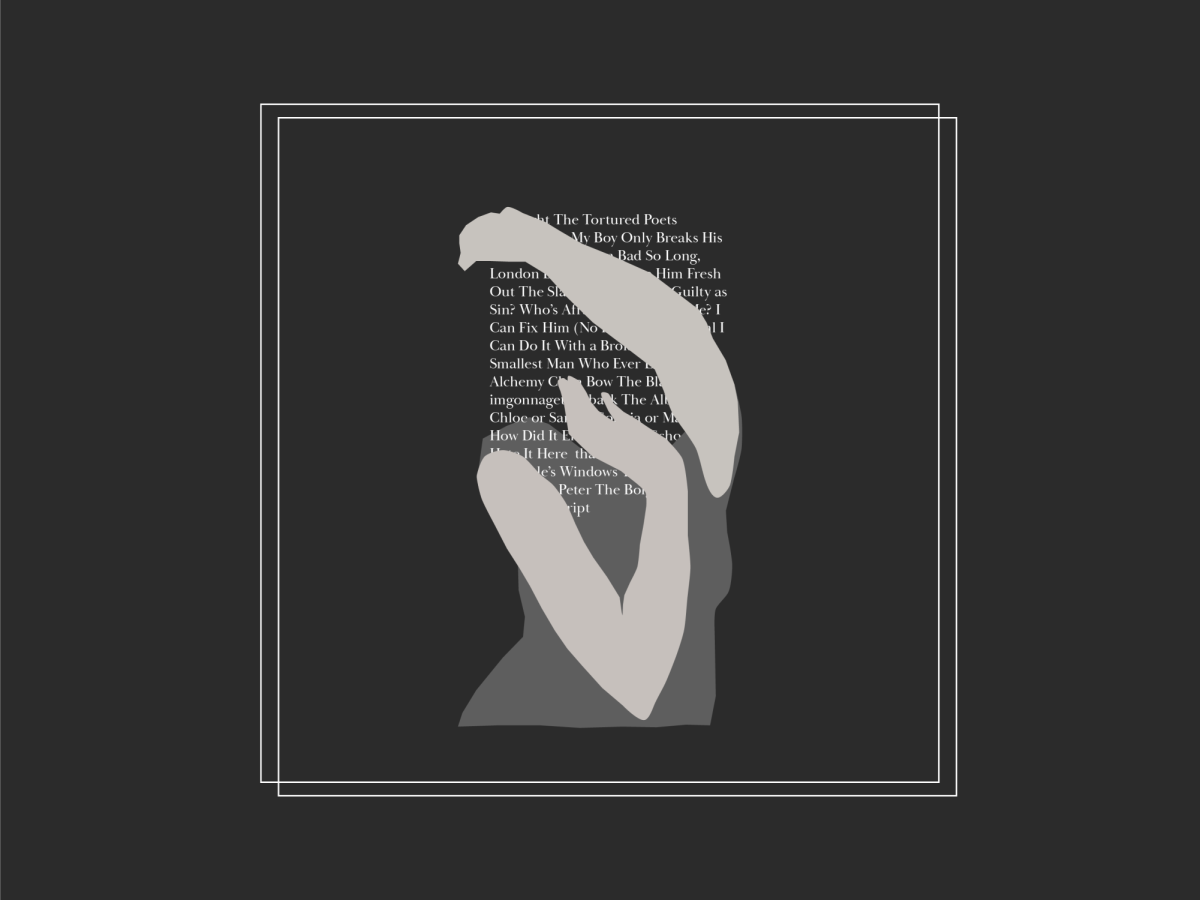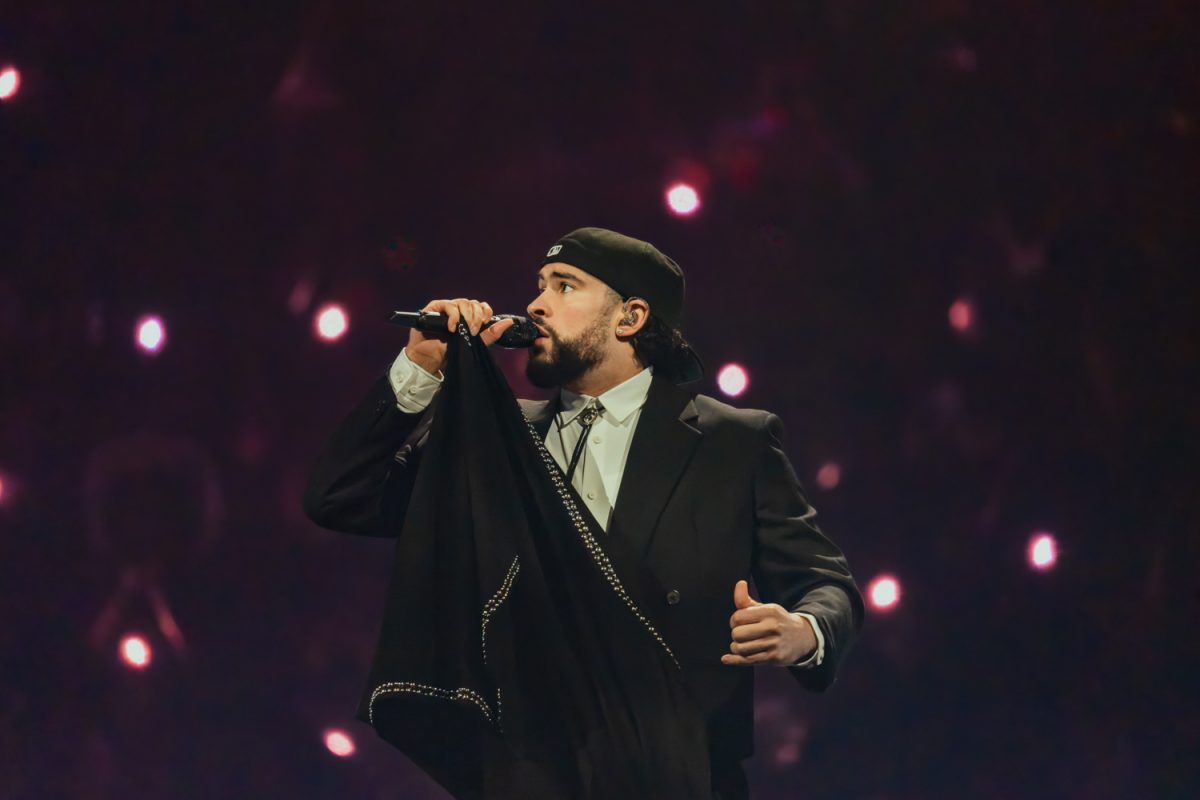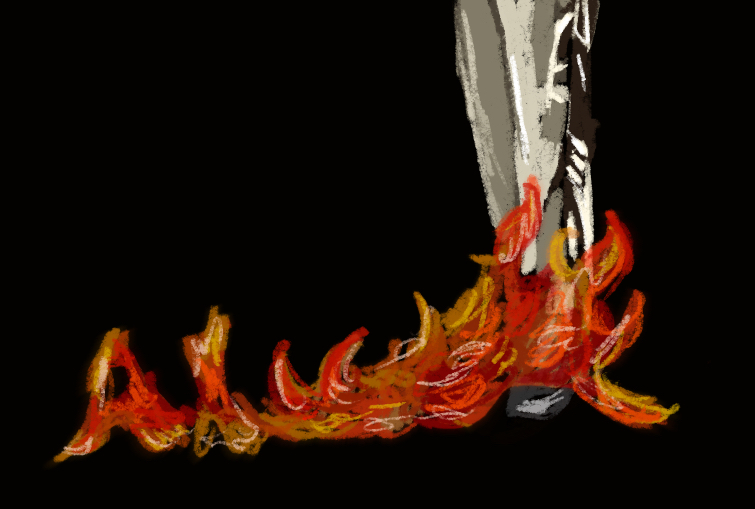By Alexa Di Benedetto, News Correspondent

The field of score composing is an intricate one, said musician Mason Daring, who has composed music for the movies “Music of the Heart” and “Lone Star” and shows like “A Separate Peace” and PBS’s “Frontline.”
“Don’t play a note unless it has value,” he said. “That’s what [composer Johannes] Brahms said, and that’s how it should be.”
The Northeastern Music Department hosted Daring for a public lecture last Friday in West Village F, where the composer spoke to an audience of about 40 people. Daring’s musical resume extends back to the pop-folk era of the early 1970s, when the singer-songwriter performed solo at the Bull and Finch in Boston and later toured and recorded as a popular duo with singer Jeanie Stahl. A few years ago, he fulfilled a career-long dream of recording a self-titled solo debut album.
During his lecture, Daring spoke about how significantly the industry has changed since he first started. He recalled working on music for the film “Lone Star” in 1994, when he traveled across the country to capture the vocals of singer Freddie Fender. When he began working on the music for the television series “State of Mind” 15 years later in 2009, he never had to leave his home.
“Today we have an electronic version of the orchestra, all on our computers,” he said. “As time goes on, we won’t even need the orchestra … with the digital revolution, post-production is a video game.”
Daring spoke about the “olden days,” when film was edited by hand, cut and spliced and sent through labs. He discussed how time consuming it was back then to put a film together.
“Now our speed is unbelievable,” he said. “Today, people don’t stop editing. People make changes up until the movie is released – music production might occur up until several days before the movie appears in theaters.”
Breaking into the industry has also changed. Daring said that cinematic technique and its accessibility have evolved. Great quality video can be produced very cheaply, and with the availability of recording equipment, anyone can shoot a movie, anywhere.
Nicolas Hugon, a sophomore international affairs major, said he enjoyed Daring’s lecture. He said he liked hearing from someone who wasn’t a household name, but who has worked with well-known personalities like Meryl Streep and Chris Cooper.
“The samples of his own music that he presented were great, and he had a very refreshing take on the changing role of technology in the business of film scoring,” Hugon said. “He showed a nice appreciation for older methods of physical film for images and analog techniques for sound recording, but recognized that the more modern technologies of video and digital sound were good enough considering their accessibility. It was a really interesting lecture, and he was a very clear and knowledgeable speaker.”
One thing about the industry has remained the same: Daring described filmmaking as one of the few industries of “people in a room, working together.”
“It’s a collaborative industry, it always has been and always will be,” Daring said. “Creating a movie requires many creative contributions. It should never come to the point where people don’t interact to make a movie.”
Following the lecture, students asked Daring what he liked most about composing. He was quick to respond.
“Writing a classic score is tedious, but it’s great and heart-lifting when you get a good theme,” he said. “It’s a can-do industry. Nobody knows anything, you can only believe. You start with nothing, you don’t know that it will be any good – you just have to believe.”


